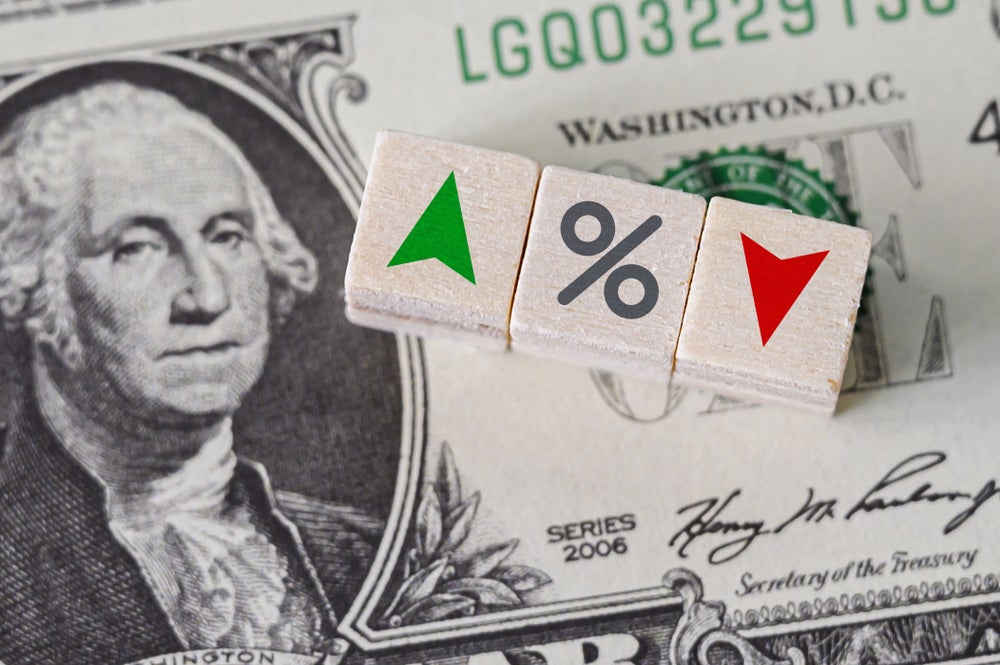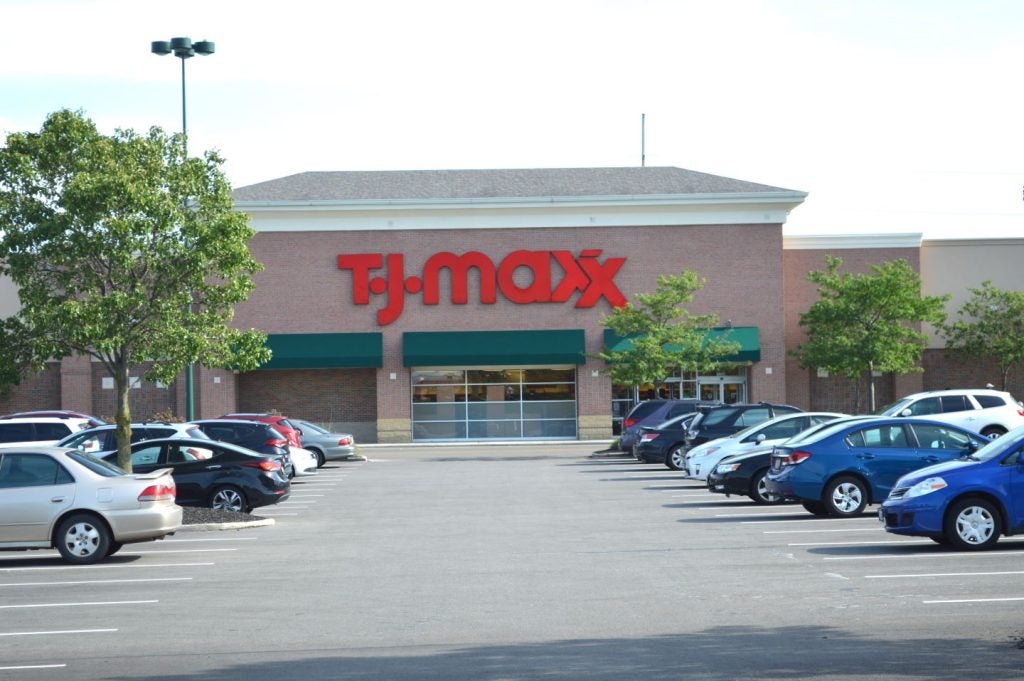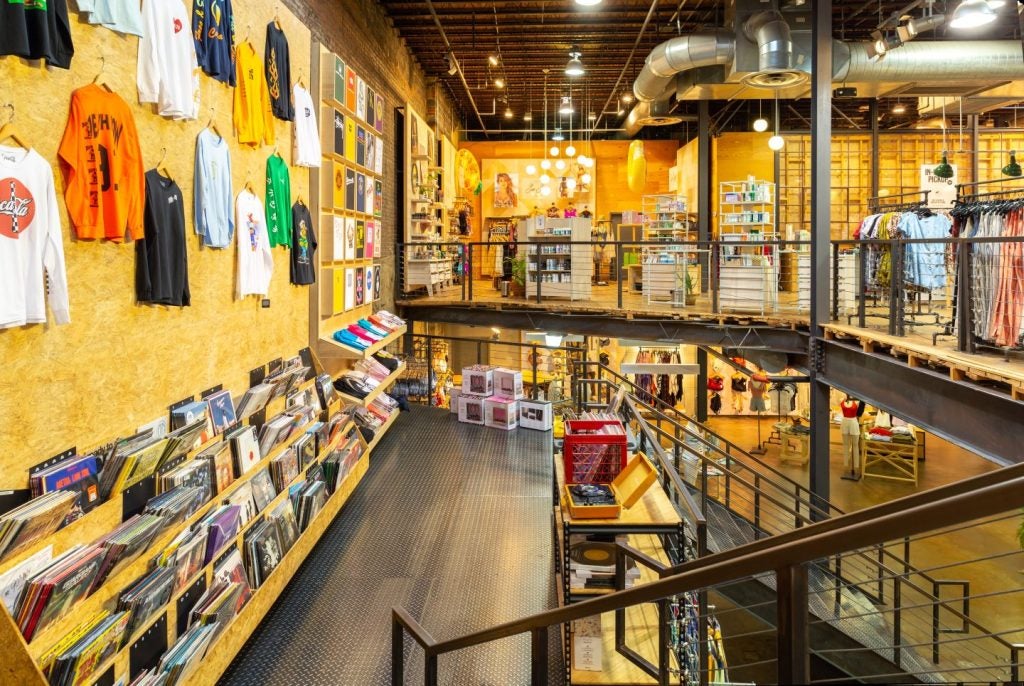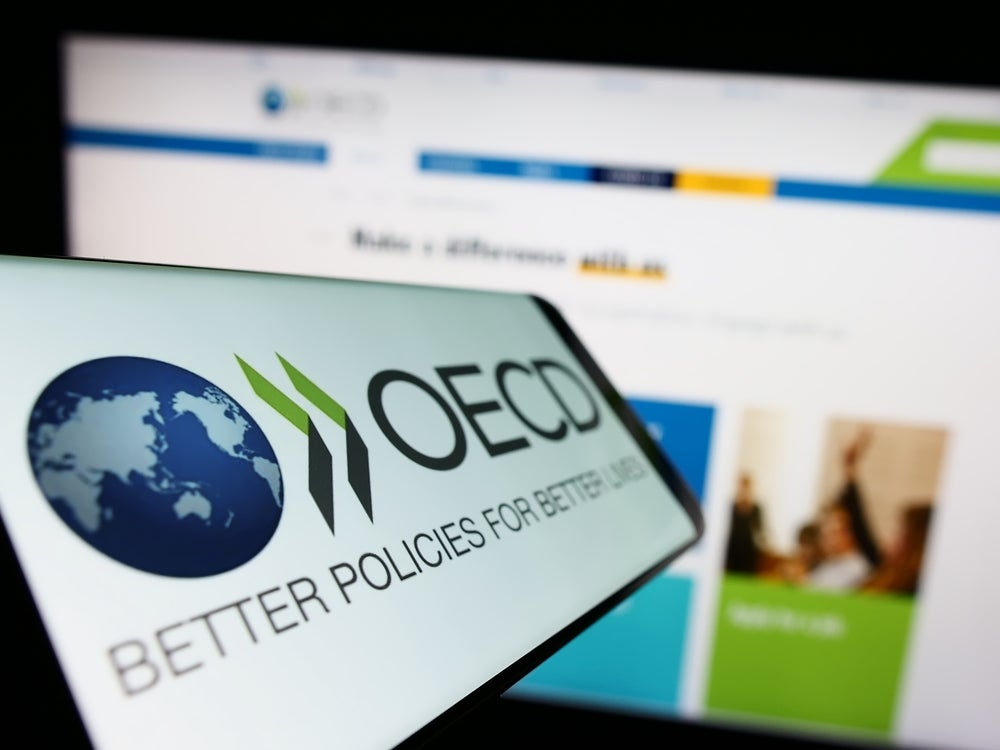Collaboration. It’s a word that has been floating around in the apparel industry for some time now.
In fact, it formed the basis of a chat with the former Sustainable Apparel Coalition's (SAC) executive vice president Andrew Martin last week amid the organisation's rebranding to CASCALE, whose entire ethos is centred around collaboration.
Sustainability at scale is not something that can be achieved by one person or one organisation. And with the wider objective of lowering global temperatures in line with the Paris Agreement, it’s not even something that can be achieved by one industry.
Should fashion still be using the term sustainability?
The fashion sector is repeatedly targeted when it comes to sustainability. The statistic "it is the second most polluting industry in the world according to the UN" is a go-to for creators of critical fashion documentaries and features.
And it’s not like there aren't marked efforts around trying to improve environmental footprints and social impacts from the fashion industry, though in most cases those efforts are at a brand supply chain level rather than a pooling of resources, knowledge and best practices.
The buck shouldn’t stop with the industry though. I go back to the earlier point, that even if the fashion industry were to transition into its most sustainable self overnight, it’s simply a drop in the ocean when you consider the hundreds of other industries – and individuals – polluting the planet and adversely impacting the people at the end of the supply chain farming the cotton, producing the fabrics and the garments.
But it is still a step. It’s still a start; which is why the industry’s collective heart sank last week when the European Union voted down the Corporate Sustainability Due Diligence directive (CSDDD) which aimed to make it mandatory for companies to actively eliminate negative practices such as child labour, slavery, pollution, or deforestation. Under the legislation companies would be obligated to integrate due diligence into their policies and monitor the effectiveness of their efforts.
The question, quite rightly, on everyone in the apparel industry’s mind is, why? Why vote against legislation aimed at protecting people and the planet at a time when the world is melting and the race is on to protect its future?
CSDDD EU parliament rapporteur Lara Wolters criticised the political posturing from some states pressured by a minority of extreme business voices concerned over the increased red tape as “irresponsible”.
Ultimately it is a backward step at a time when many businesses are moving to reshape their organisations to do better and be better.
I say this with some element of caution because, in the same week, the collapse of textile-to-textile Renewcell was announced.
It wasn’t unexpected after a series of profit warnings resulting from reduced demand for its recycled fibre cellulose.
But it is hugely disappointing and somewhat surprising given that the industry has been – or appeared to be – on the same page when it comes to sourcing and scaling alternative fibres.
Renewcell had been backed by some major names in fashion like H&M, Bestseller, and Girindus.
But it simply wasn’t enough to save it. And it begs the question, is the fashion industry more concerned with talking the talk than walking the walk?
It also brings us back to that word – collaboration. One can’t help but wonder would new innovation such as this, which can really shift the needle in the quest for sustainability, succeed if it had more than just a handful of big industry names behind it? Did it need more support from fashion players? Could it have succeeded if support came from outside the industry and drew in wider actors, such as global governments? After all, sustainability is a global issue.
It's a bold statement but I think the buzzword ‘sustainability’ is a tired one. Unless we can actually achieve sustainability – which we’ve established cannot be done by single entities – why on earth are we still talking about it?
I don't think sustainability is unachievable. But, it's collaboration, collective action and unity that is how we will all get there. Because after all, two heads are better than one.
Top news stories on Just Style last week...
US urged to create concrete plan to tackle apparel customs ‘loopholes’
US Homeland Security Secretary Alexander Mayorkas is being urged to create a detailed action plan with immediate effect to crack down on customs practices that are said to be undercutting US competitiveness and threatening US textile and apparel manufacturers.
China’s apparel suppliers diversify to keep sourcing major status
China is still dominating the global apparel supply chain despite fashion companies' ongoing “nearshoring” strategies, however Chinese suppliers are also reducing their own trade risks by opening facilities overseas.
Shein rebuffs ‘throwaway culture’ blame as France ‘weighs’ fast-fashion tax
Shein has hit back at criticisms after a French MP took aim at the brand's "throwaway business model" and used it as leverage to propose a €5 ($5.42) penalty on customers for every fast-fashion purchase.
Global fashion sector urged to take Renewcell out of bankruptcy
Non-profit Canopy's founder and executive director Nicole Rycroft is calling on the fashion industry to bring Renewcell's recycled fibre operations back online as well as enable other ventures that are ready to scale circular materials.
Heavy marketing push urged as Fast Retailing ‘eyes’ GU expansion in US, EU
Industry onlookers have warned Fast Retailing must focus on "getting the marketing right" as it reportedly weighs the option of expanding its value GU brand in the US and EU markets.
Navigating Europe’s fast fashion green claims under new EU laws
Just Style investigates how fashion brands will need to pay closer attention to any green product claims when new European Union (EU) laws come into force.
IHKIB VP: Nearsourcing, green, digital focus will grow Türkiye apparel exports
The Istanbul Apparel Exporters Association (IHKIB)'s vice president tells Just Style exclusively that one of Türkiye’s future objectives is to expand and explore more of Europe as it holds “a lot of opportunities for the country”.
UK sportswear market faces another tough year in 2024
The UK sportswear market is expected to experience another testing year despite consumers’ intending to be more active in 2024.
















